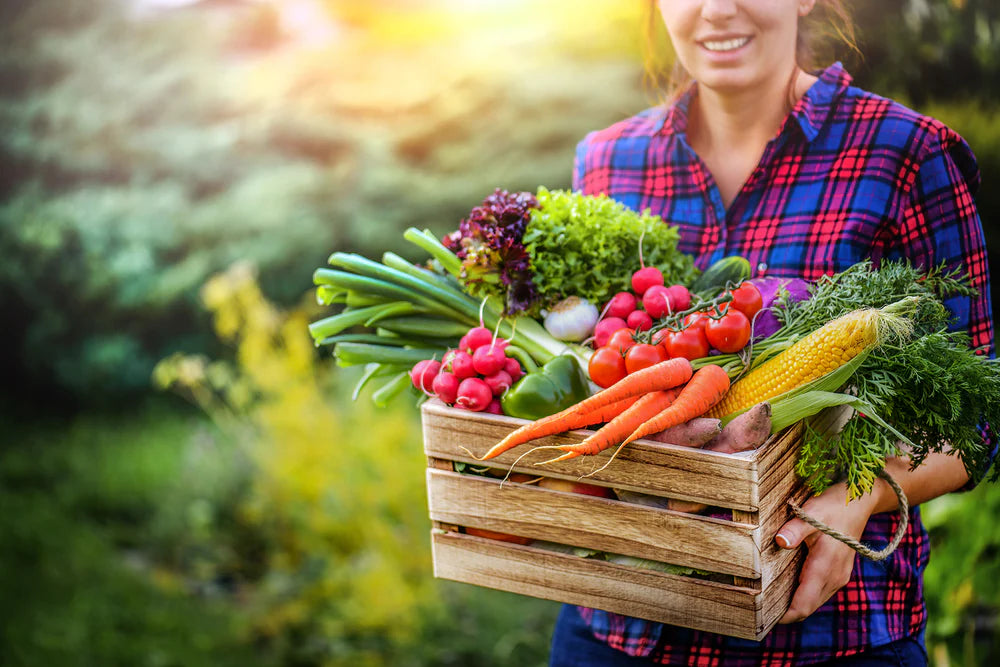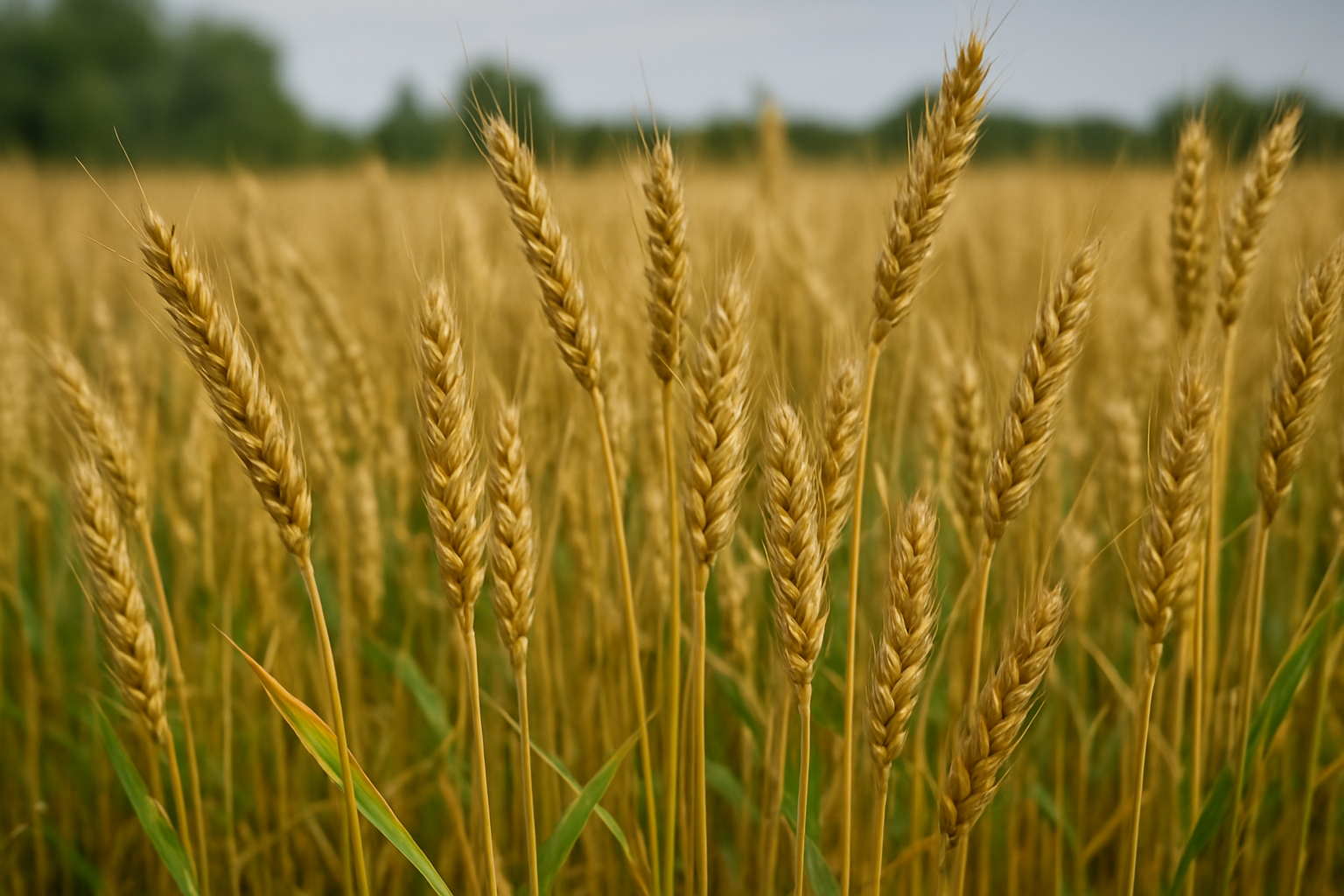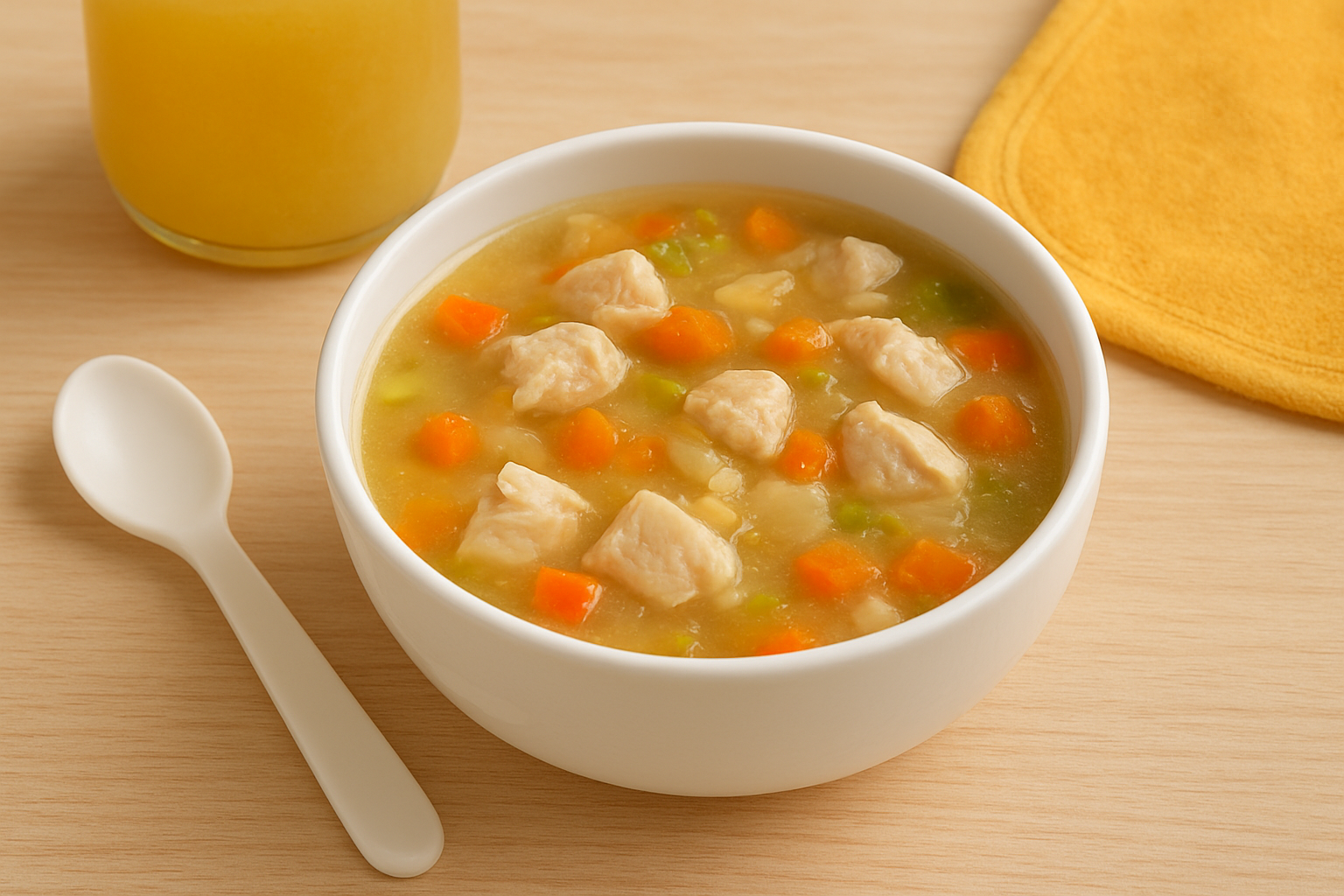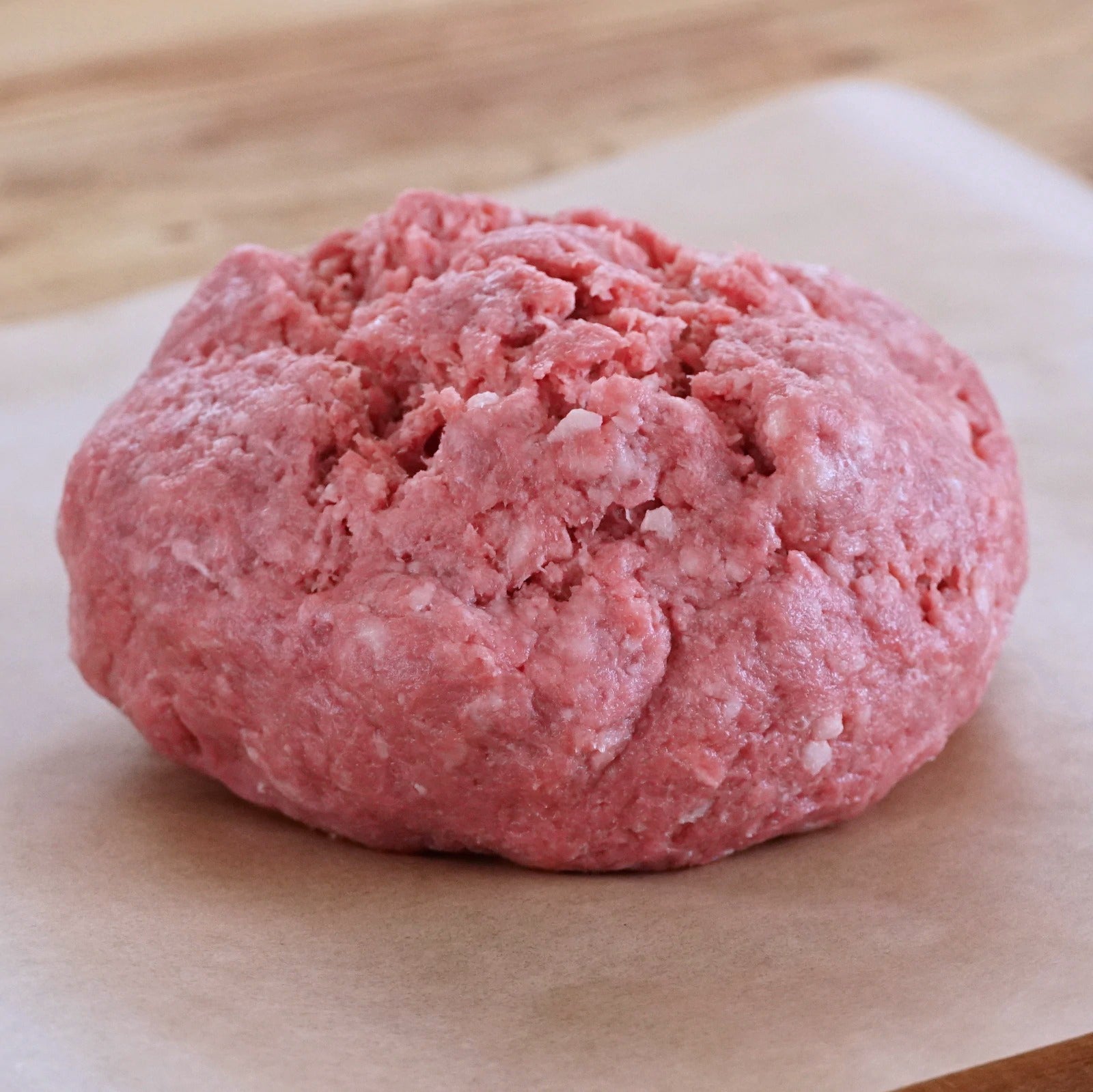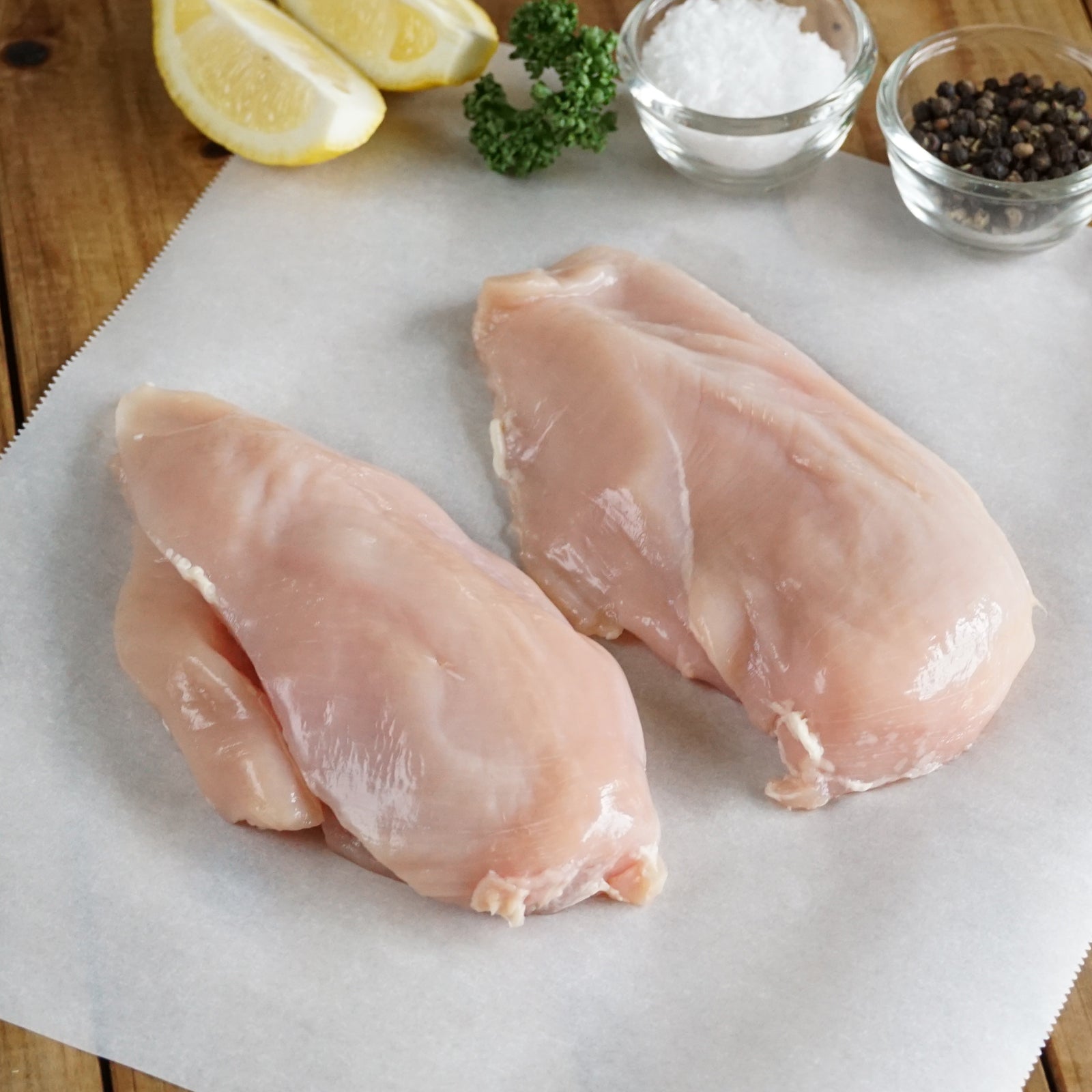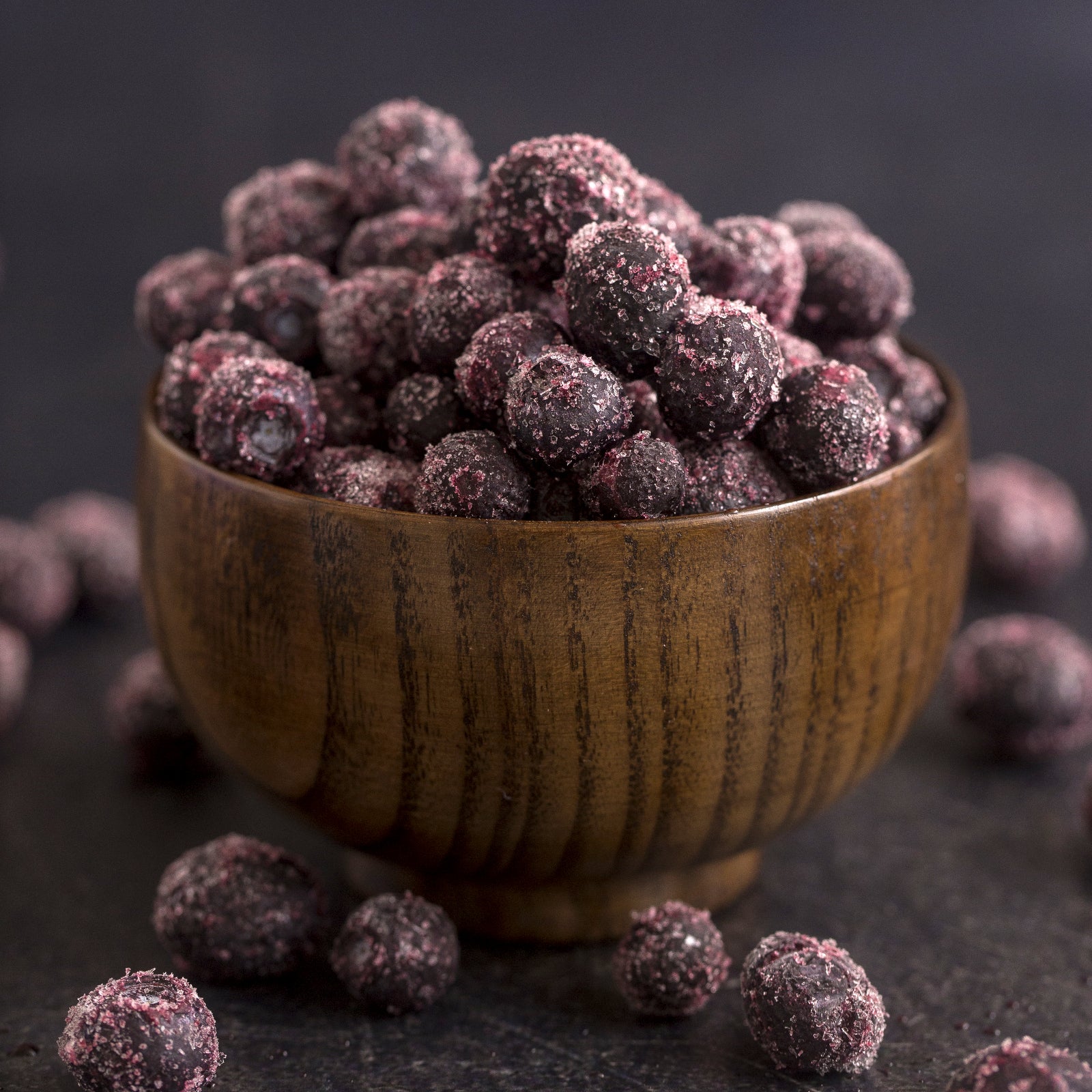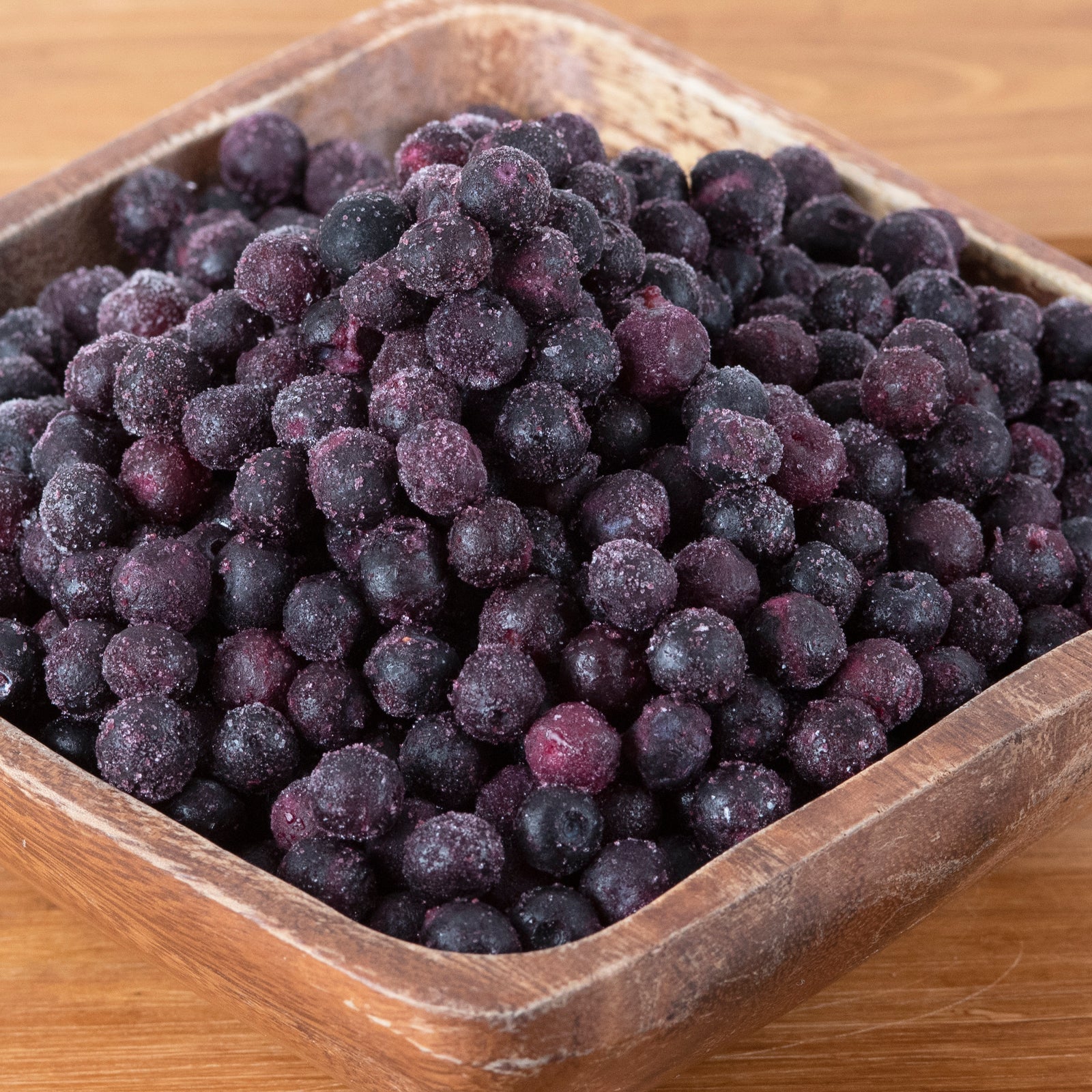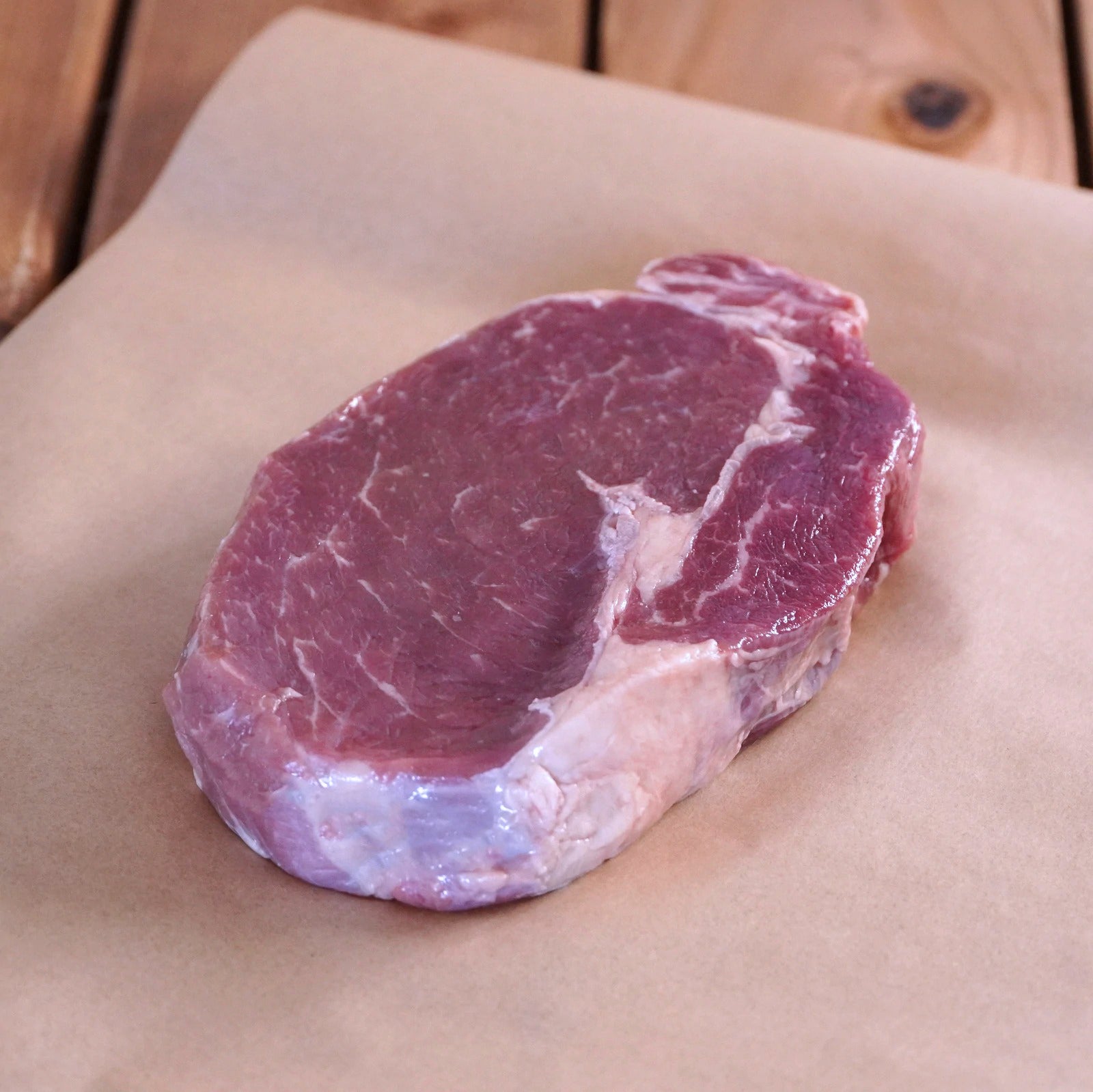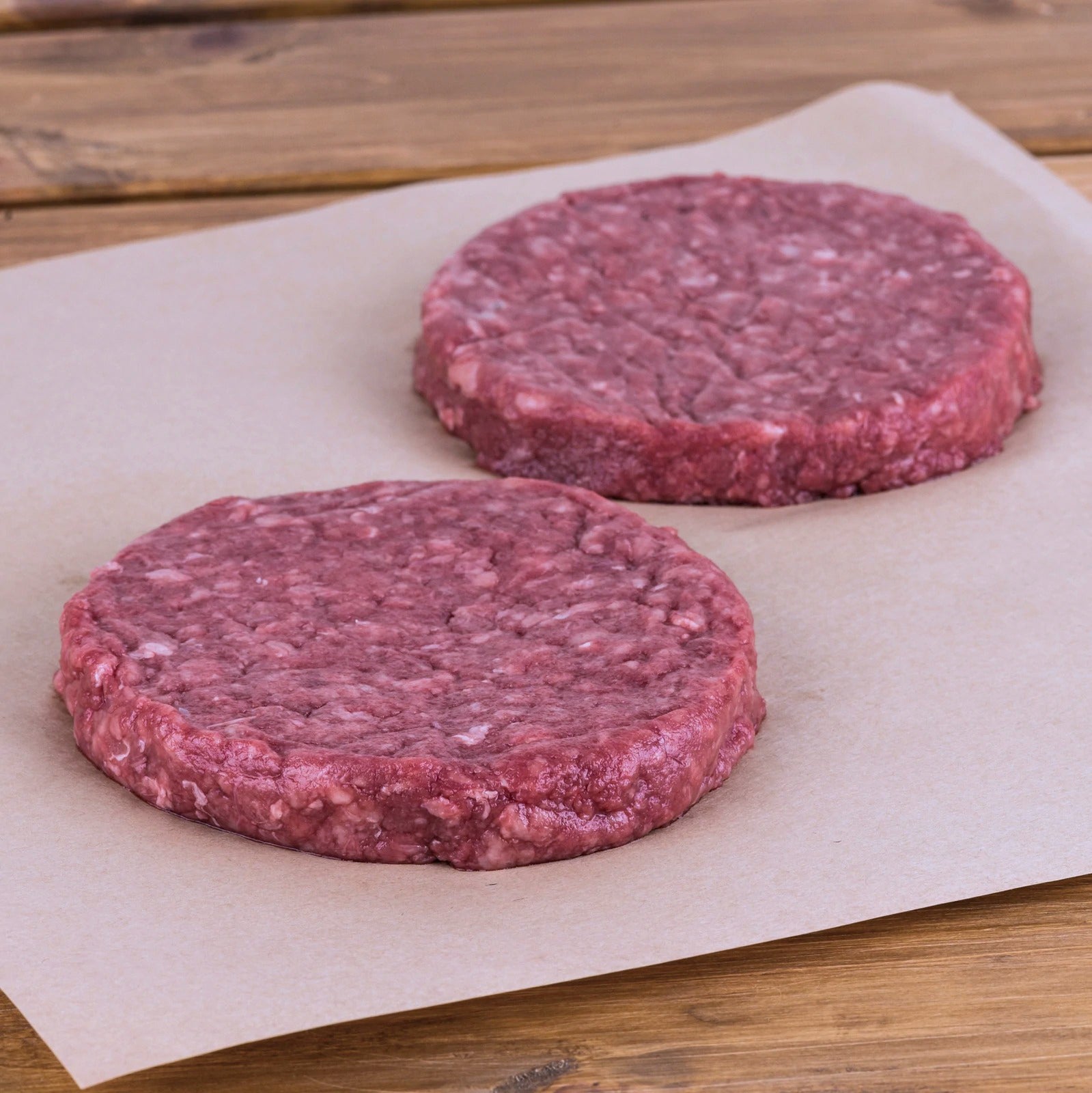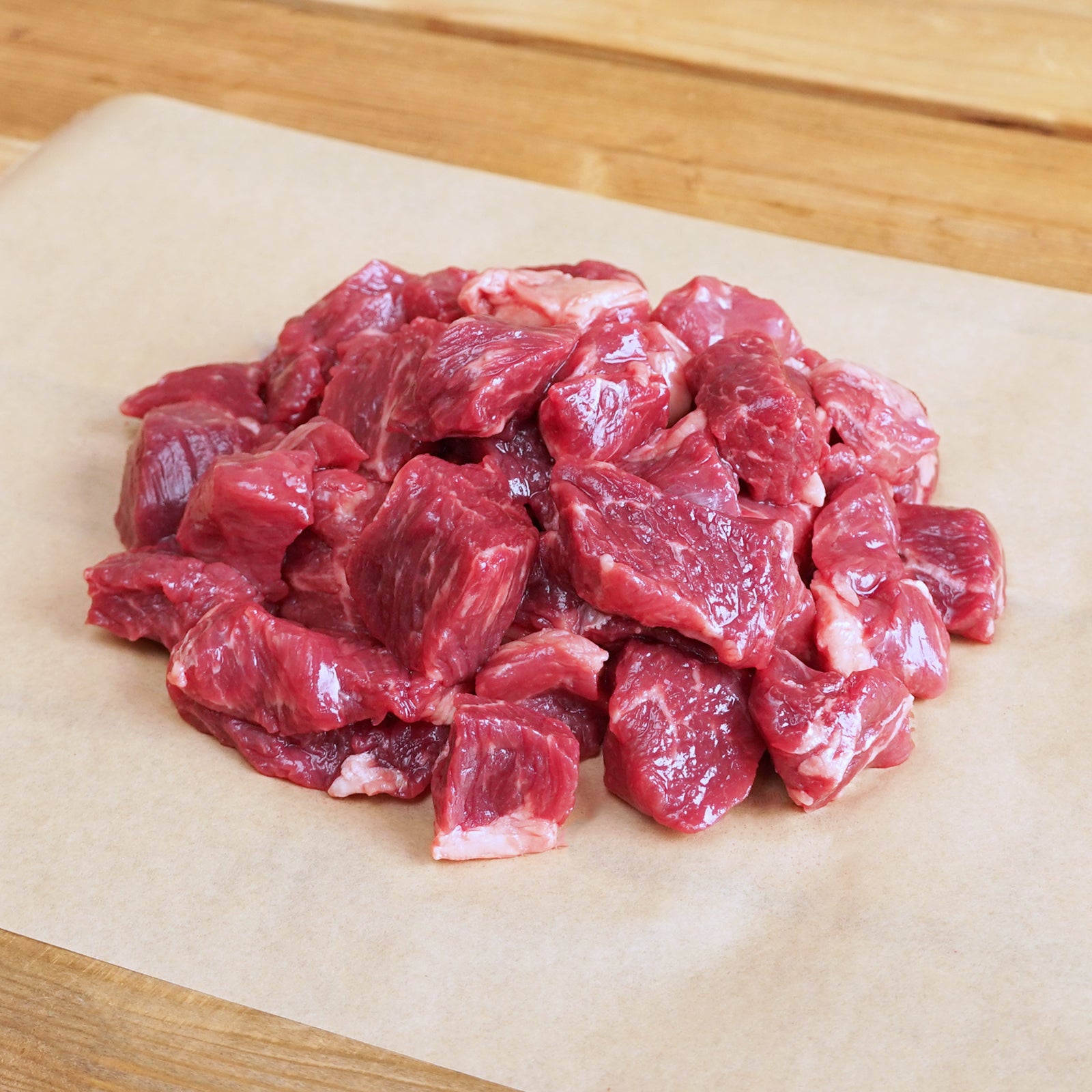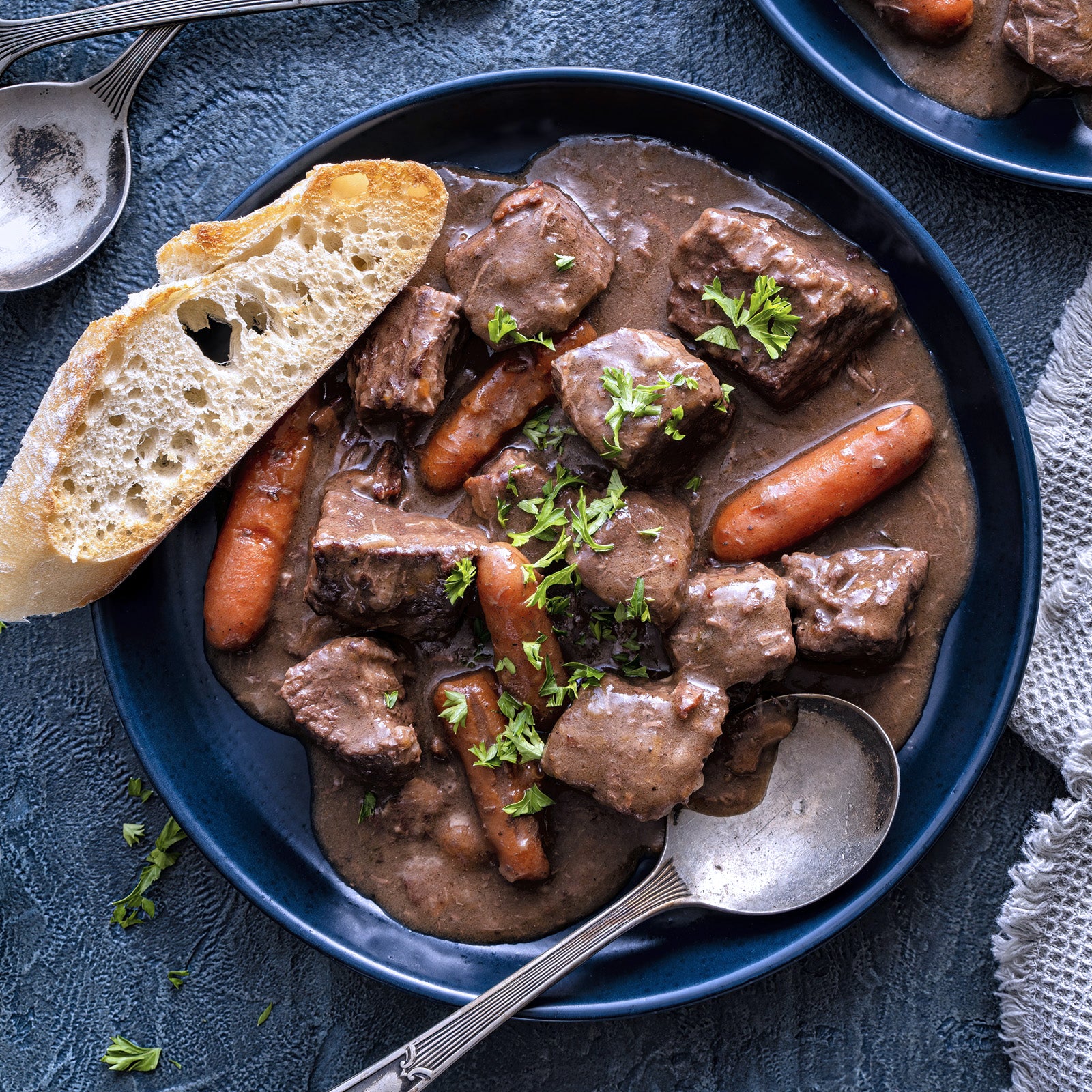Organic Basics
In essence the word 'organic' refers to farming without the use of chemically synthesized fertilizers and pesticides. The aim is to raise crops and livestock in a way that minimizes environmental impact and harnesses the inherent qualities of soil, plants, and animals to resist pests naturally. Organic practices prioritize nurturing the environment and promoting natural cultivation and rearing methods.
You may also have heard of organic cotton or organic cosmetics, so these production processes are not limited to just food and drink. Stores selling clothing made from organic cotton and hemp, or cosmetics produced with all natural plant ingredients have also been flourishing in recent years.
Production
Fertilizers and pesticides for cultivation come in chemically synthesized and natural varieties. The former are often referred to as 'inorganic' and the latter as 'organic.' The basic principle for organic cultivation is to avoid the use of chemical fertilizers and pesticides. Organic farming typically involves the use of organic fertilizers, and if pesticides are necessary, only those that meet organic certification standards are used.
Inorganic fertilizers and pesticides have been developed out of necessity and have proven to be effective. They offer farmers a more consistent way to produce their crops with fewer worries about their yield.
However, these chemicals also prioritize the convenience of the producers. Because these materials are repeatedly applied to soil and crops, they’ve been pointed to as the source of many environmental problems. In fact, there have been reports of fields becoming infertile due to the change in soil composition. To make matters worse, it’s said that once the soil loses its crop-bearing ability in this way, it’s impossible to restore it. Clearly the problem is quite serious.
In addition to environmental concerns, another worry is that these chemicals are making their way into our bodies via consumption. Pesticides are known to leave residue on plants that can remain even after thorough washing. Beyond that, water pollution, air pollution, and other health risks continue to emerge.
When considering these uncertainties, it's easy to see why interest in organic farming has been on the rise among both producers and consumers. But it’s important to note that just because something is organic doesn’t mean that no fertilizers or pesticides were used.
Harnessing Nature Through Natural Methods
The methods that are put into practice during organic cultivation are designed to take advantage of all the wonderful things that nature has to offer. For example, natural materials like fallen leaves, compost, rice bran, rice straw, and manure can be used as effective fertilizers.
As for pesticides, the general idea is to use them as sparingly as possible. When there are unavoidable situations that require protection from pests or blight to ensure a successful harvest, farmers strive to use only naturally derived products to treat the plants.
Advantages of Organic Products
In addition to consumer benefits, there are two important advantages for the producers of organic products:
The first is to protect the health of the producers themselves. As you might imagine, farmers using chemical fertilizers and pesticides require all kinds of protective equipment. But even with equipment, the method and frequency of use can lead to health concerns. Chemicals might be inhaled without realizing it, or people could get caught in the pesticide spray. These dangers are especially prevalent in developing countries where the protection can be inadequate. In this regard, opting for organic products is likely to improve the safety of producers.
The second major advantage is the preservation and safety of the environment. Fertilizers and pesticides permeate the soil around the crops they are used on, threatening the countless microbes inhabiting that same soil. The microbes can help to decompose and consume fallen leaves, remains of animals, and harmful materials resulting in a more fertile soil in which to plant crops.
Because organic fertilizers and pesticides are composed of things found in the natural world, the impact they have on microbes is insignificant. On the other hand, inorganic pesticides and fertilizers can have a great influence on the ecosystem these microbes have developed. The soil quality can become unmaintainable to the point where it’s no longer fit for cultivation. Even beyond the soil, these chemicals can make their way into underground water reservoirs and cause problems for the people who drink it. Organic methods solve such problems and therefore offer some great production advantages.
On the consumer side, the main advantage is the guaranteed safety of organic products. Organic foods can be eaten with total peace of mind.
Organic Certification and Standards
For products to be advertised as organic, they must be developed according to specific standards and then must earn certification. There are different standards all over the world, but we’ll take a look at Japan, America, and the EU’s organic certification agencies.
Certification Agencies and Their Roles
The system implemented in Japan is called the “Organic JAS System,” which is based on the JAS (Japan Agricultural Standards) Law established in 2001. Certification groups are registered and approved by the Ministry of Agriculture, Forestry, and Fisheries, and a list of certified groups is listed on the ministry’s website. Their role is to provide a third party to inspect the production processes and ensure that they conform to the standards set by JAS. The Organic JAS symbol is only given to products that have cleared inspection, so consumers can easily determine whether something is organic by the symbol.
In the United States, the United States Department of Agriculture (USDA) implements their own certification system for organic products called “USDA Organic Certification.” In addition to agricultural and livestock products, it also applies standards to alcohol, tobacco, and cosmetics. Strict certification standards are established with importance placed not only on product safety, but also on environmental safety.
The European Union uses a certification system simply called “EU Organic Certification.” This system covers agricultural products, livestock products, feed, wine, and more. Overseen by the European Commission, the use of synthetic fertilizers, hormones, and GMOs are all specifically prohibited in agricultural production.
How to Obtain Organic Certification
For Japan’s JAS certification, the producer must apply to a registered certification body. The production process is then inspected and recorded on-site from the start of production to shipment in order to determine if certification is acceptable or not.
The inspection covers 5 categories: organic crops, organic livestock, organic processed foods, organic feed, and organic algae. All of these categories have different criteria they are judged on, but the basic requirement is no use of chemical fertilizers or pesticides. Other standards include refraining from GMO usage and implementing sustainable production practices that promote natural ecological cycles in agriculture and don’t burden the local environment.
Criteria such as compost or other organic fertilizers being used to ensure healthy soil, no use of chemical fertilizers or pesticides for at least 2 years on the cultivation land, and an understanding of soil quality to enhance productivity must all be met to ensure clearance. It’s important to note that criteria regarding the use of these chemicals is retroactive, so you can’t simply apply for certification immediately after stopping their usage.
For livestock, providing a natural growth environment for the animals to thrive in is another requirement to consider.
Differences Between Organic and Pesticide-Free
These two descriptions may sound like they would be equivalent, but organic products are not actually guaranteed to be pesticide-free.
What is Pesticide-Free?
Historically, the term pesticide-free has been used to describe products that have been raised with no pesticides at all or with reduced pesticide use. However, this was often claimed by the producers individually and not actually based on any set standard. Japan’s Ministry of Agriculture, Forestry, and Fisheries has since established the term “Special Cultivation Agricultural Products” to describe products that meet certain requirements.
For a detailed look, you can visit the ministry’s website here in Japanese or here for JAS information in English.
If the requirements are met, products that use no pesticides at all are labeled “Pesticides: Not Used During Cultivation.” If pesticides were used, but the more problematic synthetic kinds were avoided, the label can read, “Pesticides Targeted for Reduction: Not Used During Cultivation.”
Choosing Organic and Pesticide-Free
As stated above, organic products are certified by the guidelines set down by the Ministry of Agriculture, Forestry, and Fisheries. Only certified organic products are allowed to display the Organic JAS symbol on their label. So if you’d like to find organic products, all you need to do is choose products that have this printed on the package.
Additionally, Organic JAS labeled products might have labels that say “Organic Agricultural Products,” “Organic Cultivation,” “Organic Cultivated Agricultural Products,” or just “Organic.”
But since both organic and pesticide-free products exist, which one is the better choice? It’s impossible to answer for everyone, but certainly the strict guidelines about cultivation, livestock, and field management for organic products makes them a reasonable choice. On top of the strict standards, organic farming also offers a healthier environment for both producers and the environment alike.
Keeping all this in mind, we recommend choosing the path that you feel is best for you.
Conclusion: Present Significance and Future Products
We are what we eat, and we’re a part of the natural world. Keeping in this train of thought, it seems logical that we would want to build up our bodies with pure products that also come from the natural world. Doing so is one way to promote a healthy body and healthy lifestyle.
Looking around the globe, there seems to be no end to environmental problems that require urgent change. Organic farming can be one of those changes that restores balance and wellbeing to our ecosystems. And with the collective awareness of people continuing to grow, the demand for organic products is only going to continue rising.
The next time you go grocery shopping, why not try looking for an organic label? It’s time for all of us to start thinking about our health, the health of our loved ones, and the welfare of our home on this planet.
Disclaimer: Please note that while our explanations are correct, they are simplified for shortness and understanding. We encourage you to do further research on the topic.



